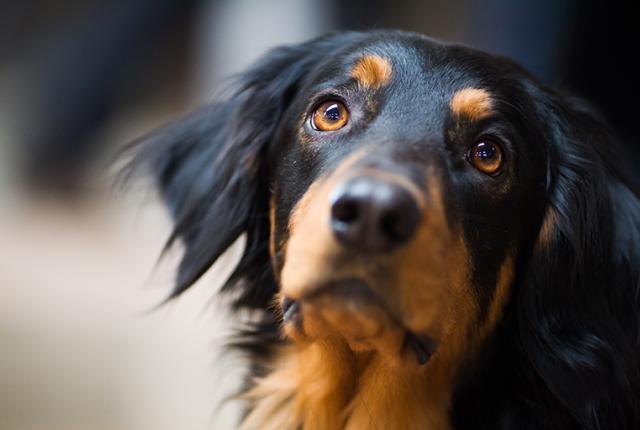The Finnish Kennel Club’s objectives for the next mandate of the European Parliament promote responsible dog trade, improve the conditions for monitoring welfare of dogs and intensify the control of antimicrobial resistance and infectious diseases.
1. Illegal dog trade must be fought by new means
Illegal dog trade is cross-border organised crime, and its growth has raised concerns Europe-wide. Animal welfare offences, frauds, smuggling as well as economic and tax offences are, according to authorities, connected with puppy mills also in Finland. Illegal dog trade undermines the functioning of the internal market and consumer protection as well as creates a threat on public health.
According to a study financed by the European Commission and published in 2015, online trade is a significant contributor to undocumented dog trade. The Finnish Kennel Club sees that regulating online dog trade at European Union level would curb illegal and grey dog trade. Strong authentication must be required of those selling dogs via e-commerce platforms. There must also be clear standards for the self-regulation of e-commerce platforms.
2. Consumer protection legislation must be improved
At the end of March, the European Parliament approved of a new Sales of Goods Directive. The directive gives member states the option to exclude contracts for sale of living animals from the scope of the directive. The Finnish Kennel Club and the Europe Section of the world canine organisation FCI welcome the amendment. The former Consumer Protection Directive has led to dogs being considered as goods in the Finnish Consumer Protection Legislation, for example.
Dogs have an intrinsic value and to classify them as goods is against their interest. The development of a legislation, that recognises dogs as living creatures and acknowledges special characteristics resulting from this also in trade, at European Union level would be appropriate both for the welfare of dogs, consumer protection and the rights of dog breeders.
3. Identification and registration must be promoted throughout the European Union
Identification and registration of dogs are fundamental conditions for responsible dog trade and for tracing a dog’s origin. A microchip and finding the dog’s information in an official owner register practically form a social security number for the dog, as these connect the dog’s information with its owner's information and, if carried out appropriately, also the seller's information.
Registration is mandatory in almost every member state of the European Union, and the demand of identification is regulated even more strictly. However, practices vary. The Ministry of Agriculture and Forestry of Finland has proposed the implementation of statutory identification and registration of dogs in Finland. It is important that this is put into practice as soon as possible.
4. Control of antimicrobial resistance and infectious diseases must be intensified
The spread of bacteria resistant to antibiotics is an international threat to the health of both humans and animals. Monitoring of antimicrobial resistance is based on the law of the European Union. Diseases that can be transmitted between animals and humans are also monitored within the framework of EU legislation and Finland’s national decisions.
The Finnish Kennel Club attaches great importance on that the international monitoring programme of the European Union pays more attention on the antimicrobial resistance of pet animals, as well. The control of antimicrobial resistance calls for extensive international cooperation, which Finnish members of the European Parliament must engage in promoting.




 Hau-Hau Champion
Hau-Hau Champion Agria
Agria